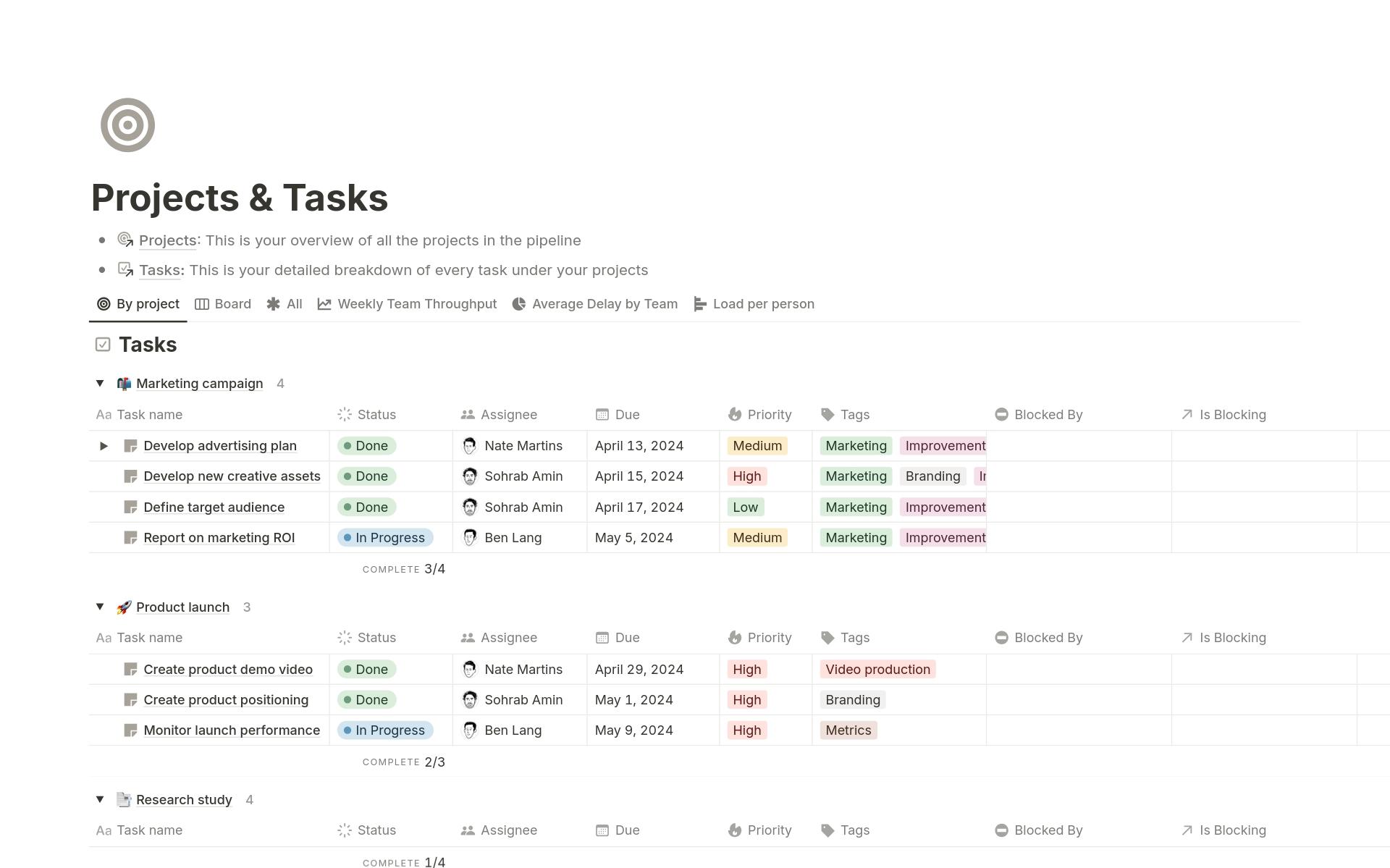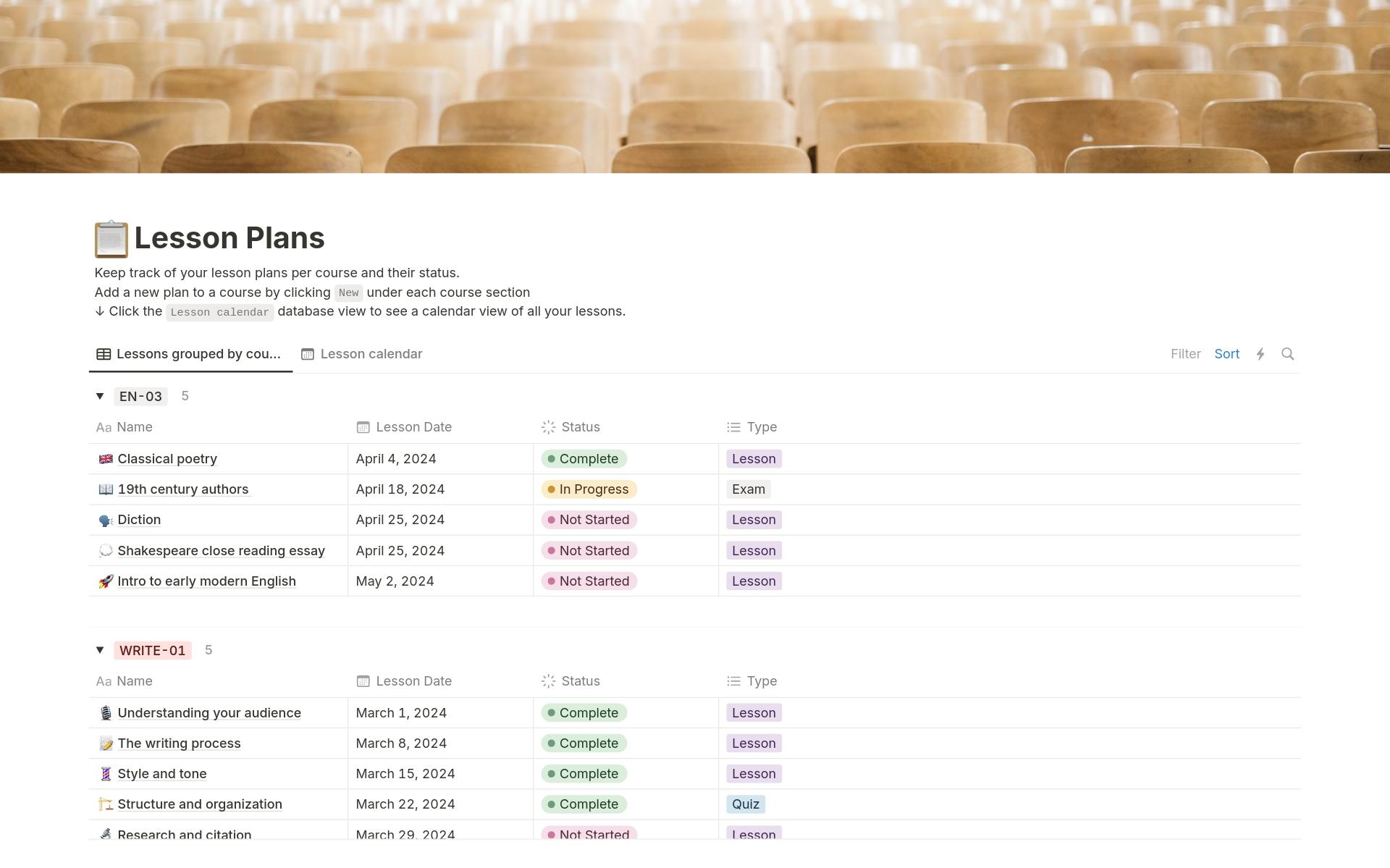In today’s fast-paced digital marketing landscape, efficiency is not just an advantage; it’s a necessity. As marketers juggle a myriad of tasks—from crafting engaging social media posts to analyzing complex data sets—the risk of burnout and distraction grows exponentially. This is where templates make thier grand entrance. The YouTube video, “,” offers invaluable insights into how the right templates can transform your workflow, enhancing productivity and ultimately driving better results.
In this blog post, we will delve into the four key templates highlighted in the video, each designed to help you reclaim your time and clarity in the chaotic world of marketing. Whether you’re an entry-level marketer or a seasoned professional, these templates promise to simplify your processes, allowing you to focus more on strategy rather than getting lost in a sea of tasks. Get ready to discover how a content planner, analytics dashboard, and more can revolutionize the way you work—because when streamlined, your marketing efforts can truly flourish. Let’s explore these essential tools together!
table of Contents
- Effective Content Planning Enhances Marketing Efficiency
- Empowering Analytics to Drive Strategic Decisions
- Maximize Team Collaboration with Organized Task Management
- Repurposing content for Diverse Platforms: A smart Strategy
- Q&A
- Insights and Conclusions
Effective Content Planning Enhances Marketing Efficiency

Utilizing templates is essential for every marketer striving to optimize efficiency and workflow. A content planner stands out as the cornerstone of an effective marketing strategy.This powerful tool allows marketers and content creators to visualize what is scheduled for release, monitor the quantity of pre-planned posts, and keep a dynamic list of ideas ready for execution. By assigning tasks to team members, it lays the groundwork for smooth collaboration, ensuring that no valuable content goes unnoticed. Furthermore, it encourages the practice of repurposing materials across various channels, amplifying the reach and impact of each piece of content. With a well-maintained content planner, creativity and association merge harmoniously.
Equally crucial is the analytics dashboard, frequently enough underestimated yet vital for gauging the success of marketing efforts. This template becomes an indispensable resource for tracking key metrics and ensuring accountability, all while providing insights that can guide future strategies. It encompasses an overview of the marketing funnel stages, allowing marketers to monitor conversions and engagement levels across platforms like YouTube, LinkedIn, and newsletters. By continuously adapting this dashboard to fit current needs,marketers can showcase their results to management,reinforcing the importance of data-driven decisions in refining marketing approaches.Together, these templates drive efficiency, empower collaboration, and transform raw data into actionable strategies.
Empowering Analytics to Drive Strategic Decisions

In the fast-paced world of marketing, where every second counts and decisions need to be data-driven, the implementation of well-structured templates can substantially streamline workflows and enhance productivity. By using content planners, marketers can effortlessly manage various projects, ensuring that every piece of content is meticulously planned and executed.A content planner serves as a central hub where teams can monitor scheduled posts, brainstorm ideas, and assign tasks efficiently. This not only keeps the team aligned but also makes it possible to repurpose content across different channels, maximizing reach and engagement.
Equally critical is the analytics dashboard, which acts as the backbone for strategic decision-making. With an analytics dashboard, marketers gain real-time insights into their performance across different platforms, effectively bridging the gap between creativity and accountability. By tracking key metrics related to the marketing funnel stages, this template allows teams to visualize their progress and adjust strategies swiftly. not only does this empower marketers to report their results effectively to senior leadership, but it ensures they remain focused on what truly matters—improving conversions and optimizing marketing efforts based on concrete data rather than assumptions.
Maximize Team Collaboration with Organized Task Management

To enhance team collaboration in marketing, having well-structured task management systems is essential. Templates serve as the backbone of efficient workflows, allowing you to streamline various tasks from content creation to analytics. By utilizing organized templates, your team can stay aligned on projects, deadlines, and responsibilities, which reduces the chaos of navigating through different categories of work. As a notable example, implementing a content planner enables everyone on the team to see upcoming deadlines, track the progress of posts, and brainstorm new ideas collaboratively, ensuring that no creative possibility is missed.
Incorporating an analytics dashboard is another critical component of effective task management that cannot be overlooked. This tool not only allows for the tracking of results but also provides a platform for reporting insights back to senior leadership, thus holding the team accountable. By visualizing data through clearly defined metrics and marketing funnel stages, teams can assess what strategies are working and make informed adjustments. Such organized systems lead to improved communication, better decision-making, and ultimately, a more productive marketing team.
Repurposing Content for Diverse Platforms: A Smart Strategy
Utilizing templates can markedly enhance efficiency in marketing,especially when it comes to content repurposing across multiple platforms. By employing a structured approach through a content planner, marketers can effortlessly track all aspects of their content strategy, from pre-planned posts to live schedules. This not only declutters the workflow but also allows for easier collaboration with team members who can be assigned specific tasks.Keeping a well-stocked idea bucket ensures that as new thoughts arise,they are not lost but rather categorized for optimal use across various channels.
Another indispensable tool is the analytics dashboard, which serves as a foundational element for understanding the effectiveness of your campaigns. By meticulously tracking key performance indicators and metrics, marketers can provide tangible insights to senior leadership and maintain accountability for their strategies. Customize this template to cater to your specific role, enabling you to monitor data relevant to platforms like YouTube, LinkedIn, and newsletters. This approach empowers marketers to pivot their tactics based on real-time performance, ensuring that their content is not just created, but also strategically enhanced for maximum impact.
Q&A
Q&A: Streamlining Your Marketing with Essential Notion Templates
Q1: What is the main topic of the YouTube video, “”?
A1: The video focuses on how marketers can enhance their efficiency by utilizing four essential Notion templates. It highlights the importance of having proper processes in place to navigate the diverse tasks involved in marketing,such as social media,copywriting,analytics,and more.
Q2: Why does the speaker beleive that templates are crucial for marketers?
A2: The speaker asserts that templates significantly streamline workflow by reducing distractions and saving time. They estimate that templates can make marketers up to ten times more efficient, allowing them to manage their multiple roles more effectively.
Q3: What is the frist Notion template discussed in the video, and why is it considered vital?
A3: The first template discussed is the Content Planner. It’s deemed essential because it provides marketers with a thorough view of their content schedule,allowing for easy monitoring of upcoming posts,task assignments among team members,and the ability to repurpose content for various channels.Essentially, it’s a tool to keep ideas organized and execution timely.
Q4: Can you explain how the Content Planner works?
A4: The Content Planner functions as a centralized hub for content ideas and schedules. Marketers can input new ideas, track their progress, and assign tasks to colleagues. By keeping an updated “idea bucket,” users are better positioned to develop varied content for different platforms, ensuring a consistent and efficient marketing strategy.
Q5: What is the second essential template mentioned, and what role does it play in marketing?
A5: The second template is the Analytics Dashboard. This template is critical for tracking performance metrics and understanding the effectiveness of marketing efforts.It allows marketers to consolidate data across various platforms (like YouTube and linkedin), report back to leadership, and keep themselves accountable for performance outcomes.
Q6: Why is tracking analytics emphasized in the video?
A6: Tracking analytics is emphasized because without measuring performance, marketers cannot ascertain whether their efforts are yielding results. The speaker notes that this is notably important for senior leadership and suggests that being equipped with an Analytics Dashboard not only supports personal accountability but also aids in converting data into strategic decisions.
Q7: How might marketers customize the templates discussed?
A7: Marketers are encouraged to adapt the templates based on their specific roles and needs.As a notable example, while the Content Planner and Analytics Dashboard have standardized components, personalizing these templates allows for a better fit with individual workflows and organizational goals.
Q8: What are the benefits of using these notion templates according to the speaker?
A8: The speaker outlines several benefits,including increased productivity,improved organization,streamlined communication within teams,and enhanced ability to track and report on marketing performance. these templates aim to make the daily operations of marketers more manageable and effective.
Q9: How does the speaker suggest marketers get started with these tools?
A9: The speaker suggests that marketers begin by exploring and using these templates within Notion, experimenting with customization to find what best suits their workflows. By starting with the Content Planner and the Analytics Dashboard, they can immediately begin to organize their tasks and analyze their marketing efforts more effectively.
Q10: In what way does the speaker frame the conversation around the use of templates?
A10: The speaker frames the conversation around templates as a transformational tool for marketers—a way to reclaim time and focus on strategy over chaos. By integrating these essential templates, marketers can enhance both their daily productivity and overall marketing impact.
Insights and Conclusions
As we wrap up our exploration of the “4 Essential Notion Templates” that can transform your marketing strategy, it’s clear that efficiency and organization are paramount in today’s fast-paced environment. each template we’ve discussed serves as a cornerstone in optimizing your workflow, from the essential content planner that keeps your creative juices flowing to the indispensable analytics dashboard that empowers you to track, assess, and adapt your efforts.
By integrating these tools into your daily routine, you not only save valuable time but also enhance your productivity, enabling you to focus on what truly matters—crafting compelling campaigns that resonate with your audience. Remember, in marketing, clarity can be your most powerful asset. So why not take the plunge and start implementing these templates today?
We hope you found this overview as enlightening as the YouTube video that inspired it. If you’re eager to streamline your marketing processes and catapult your productivity to new heights,don’t hesitate to revisit the video for a deeper dive. Here’s to making your marketing journey smoother, smarter, and ultimately more accomplished! Happy organizing!



